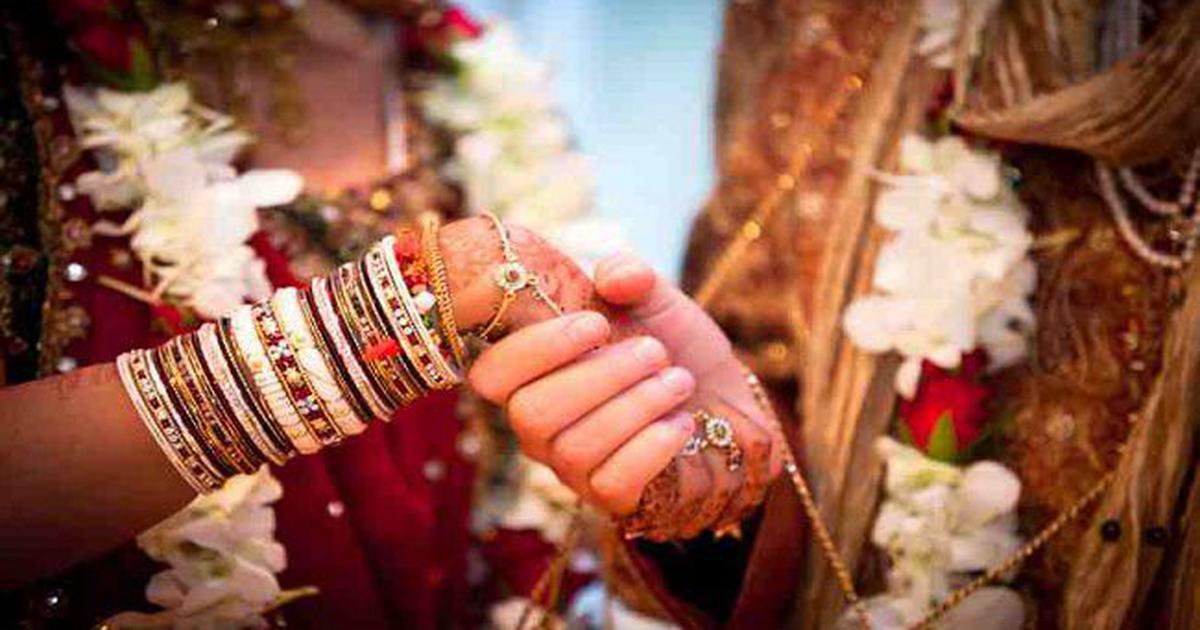![]()
In Indian culture, arranged marriages have long been an integral thread, woven into the fabric of tradition and societal norms. Within this framework, the role of parents in selecting a suitable groom for their daughters through Indian Matrimony holds significant importance. As India strides forward into modernity, the dynamics of arranged marriages are evolving, yet certain factors continue to influence parental decisions. Let’s delve into the complex interplay of considerations that Indian parents weigh when choosing a groom for an arranged marriage.
- Family Background and Social Status: In Indian society, lineage and family reputation carry immense weight. Parents often seek alliances with families of similar social standing, aiming to ensure compatibility in terms of cultural values, traditions, and lifestyle. A groom’s family background, educational qualifications, financial stability, and reputation within the community are meticulously evaluated.
- Education and Career: Education is seen as a cornerstone of success and stability. Indian parents typically prefer grooms who are well-educated and hold reputable degrees. A prospective groom’s career trajectory, earning potential, and stability in employment are closely scrutinized, reflecting the emphasis placed on financial security and future prospects.
- Cultural and Religious Compatibility: India’s diverse cultural landscape encompasses a multitude of languages, customs, and beliefs. Parents often prioritize finding a groom who shares their daughter’s cultural and religious background, aiming to foster harmony and continuity of traditions within the family unit.
- Personality and Compatibility: While compatibility between the prospective couple is crucial, parents also consider the groom’s personality traits, values, and temperament. Factors such as compatibility in interests, lifestyle preferences, and emotional maturity are assessed to gauge the likelihood of a harmonious marital relationship.
- Age and Compatibility: Age plays a significant role in arranged marriages, with parents often preferring grooms who are slightly older or of similar age to their daughters. This preference is rooted in the belief that an older groom may be more mature, financially stable, and better equipped to shoulder the responsibilities of marriage and family life.
- Physical Attributes and Health: Although less pronounced than in previous generations, considerations regarding physical appearance and health persist to some extent. Parents may seek grooms who are physically fit, with no significant health concerns, viewing good health as an indicator of vitality and the ability to fulfill marital duties.
- Astrological Compatibility: For many Indian parents, astrology continues to play a significant role in the matchmaking process. Astrological compatibility, or “kundali matching,” is often consulted to assess the compatibility of the prospective couple based on their horoscopes. Factors such as planetary alignments, astrological doshas (flaws), and compatibility of birth charts are believed to influence the success and longevity of the marriage.
- Family Values and Traditions: Traditional values and familial expectations carry considerable weight in the selection of a groom. Parents seek grooms who respect and adhere to traditional values, exhibit a strong sense of responsibility towards family, and are willing to embrace familial customs and traditions.
- Financial Considerations: While not the sole determining factor, financial considerations play a pragmatic role in the decision-making process. Parents may seek grooms who possess stable financial resources, own property, or have the potential for upward mobility, aiming to ensure the financial security and well-being of their daughter.
- References and Recommendations: Trust and reputation are paramount in the realm of arranged marriages. Parents often rely on personal networks, community references, and matrimonial agencies to gather information and recommendations regarding prospective grooms. Positive testimonials and endorsements from trusted sources can significantly influence parental decisions.
Ultimately, the journey of finding a suitable groom for an arranged marriage is a deeply personal and nuanced process, shaped by a myriad of cultural, social, and individual factors. In the tapestry of Indian matrimony, the thread of parental wisdom and discernment weaves a narrative of tradition, continuity, and the enduring pursuit of marital bliss.
